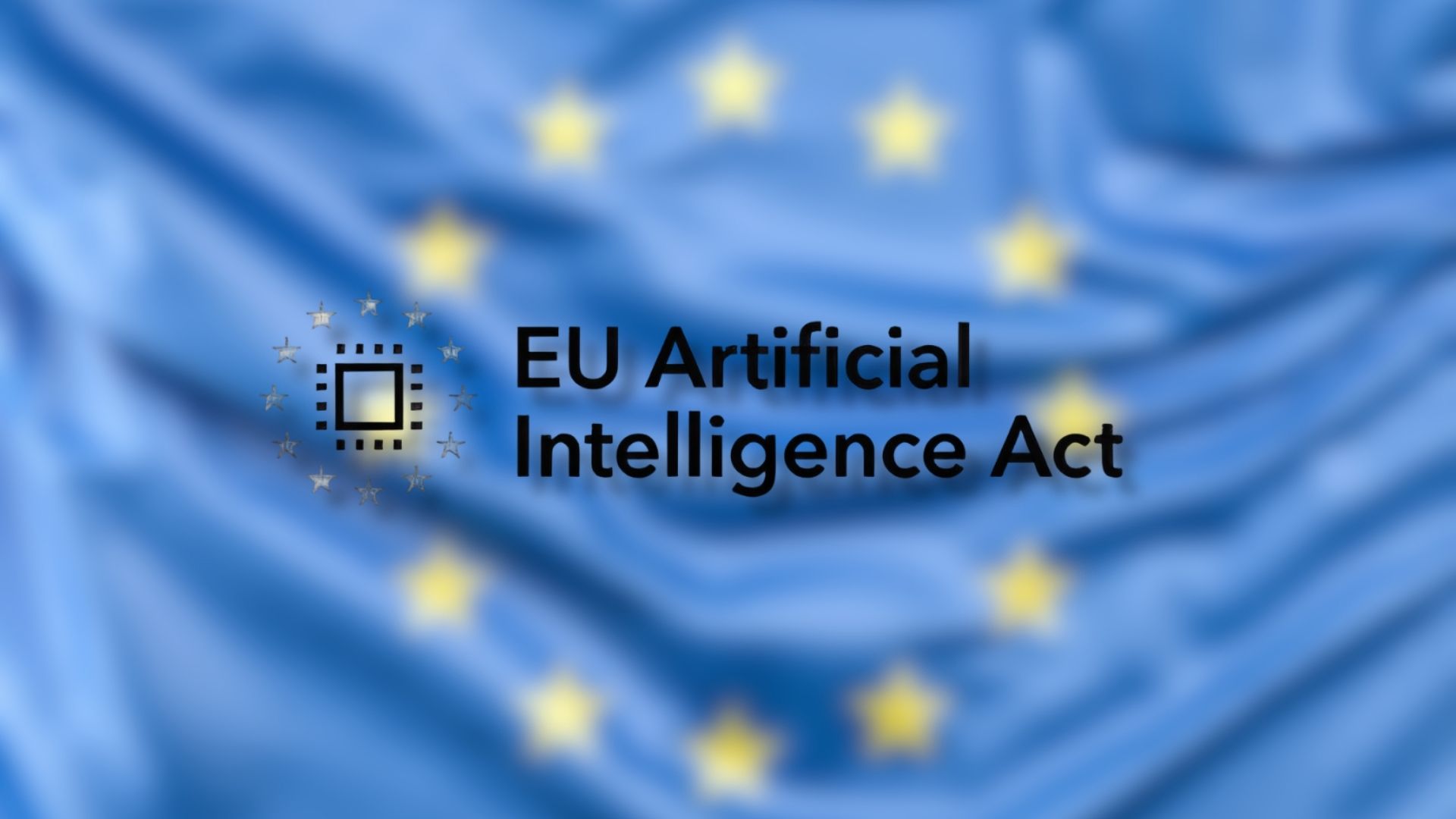The European Commission has confirmed it will again delay publishing guidance on high-risk AI systems under the EU AI Act. The guidelines were due by 2 February 2026, but will now follow a revised timeline.
According to Euractiv, the document is intended to clarify which AI systems fall into the high-risk category and therefore face stricter obligations. Officials said more time is needed to incorporate significant stakeholder feedback.
The delay marks the second missed deadline and adds to broader implementation setbacks surrounding the EU AI Act. Several member states have yet to designate national enforcement bodies, complicating oversight preparations.
Brussels is also considering postponing the application of high-risk rules through a digital simplification package. Parliament and Council appear supportive of moving the August deadline back by more than a year, easing pressure on companies awaiting guidance.
Would you like to learn more about AI, tech and digital diplomacy? If so, ask our Diplo chatbot!










